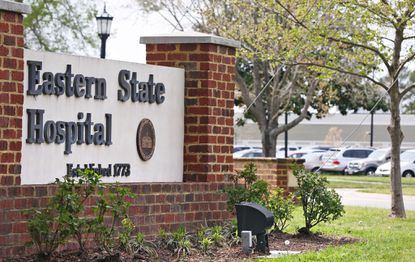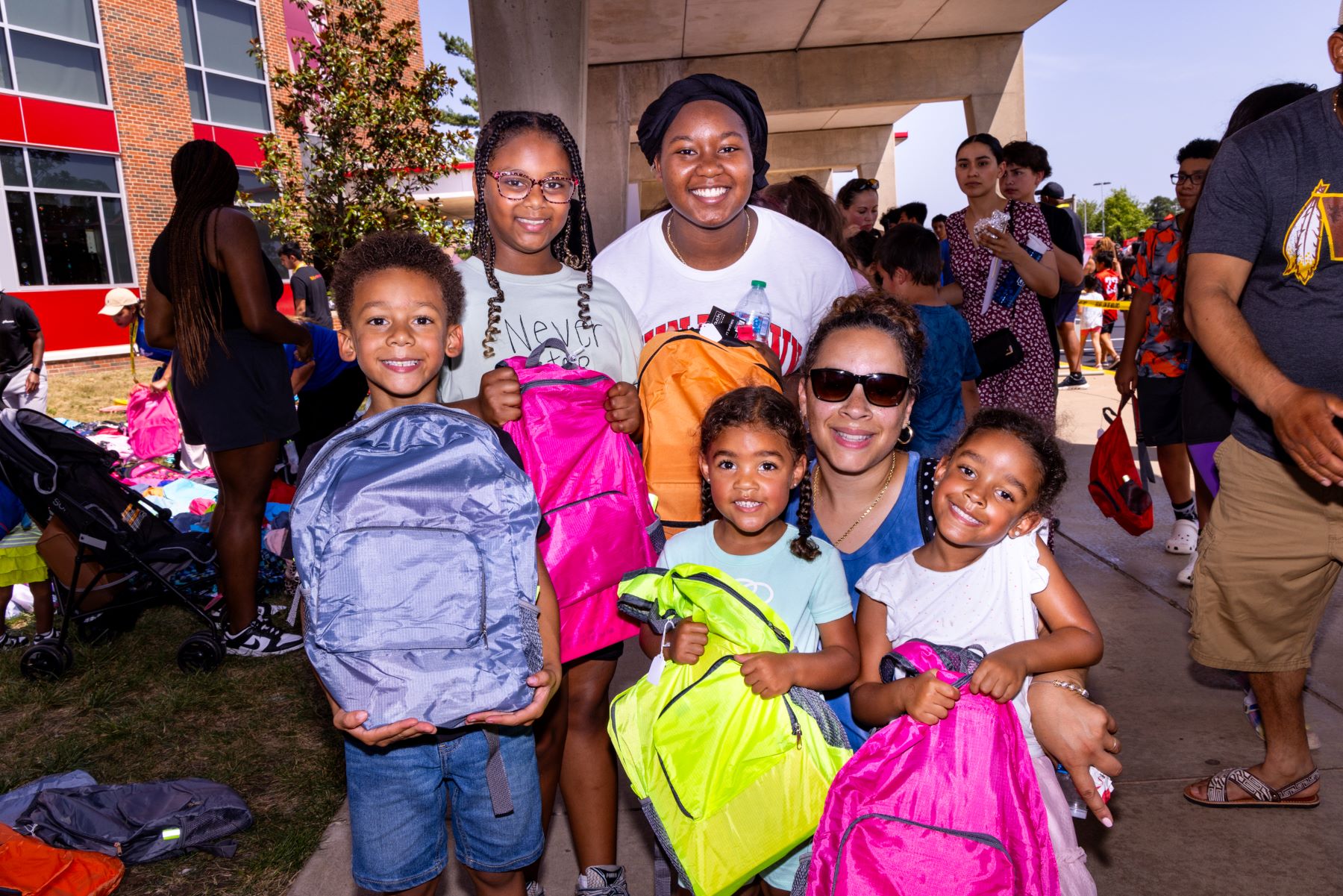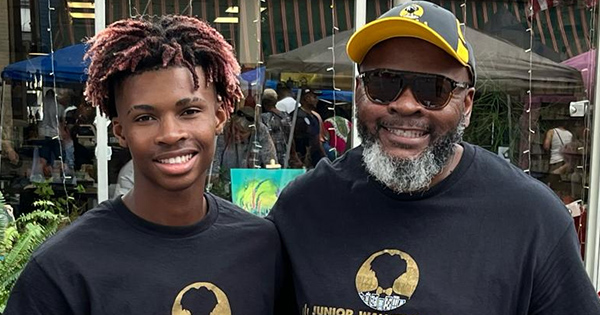Virginia is spending millions to boost security at state-run mental hospitals
Over the next two years, Virginia will spend more than $8 million to boost security at its state-run psychiatric hospitals, adding a total of 65 positions across eight facilities.
The additional funding, approved in the state’s latest two-year spending plan, comes as the Virginia Department of Behavioral Health and Developmental Services continues to grapple with an admissions crisis.
Overcrowding is “the single largest issue currently impacting our state hospitals,” said agency spokesperson Lauren Cunningham, who also said DBHDS requested the funding to enhance safety amid ongoing reports of staff and patient injuries.
Improving conditions at the facilities, which act as a safety net for some of Virginia’s most critically ill patients, has been a legislative priority for years. But the move to add security positions without significantly boosting pay for much-needed clinical staff has been concerning to some lawmakers and mental health advocates, who say it’s another example of the state prioritizing stopgap measures over long-term solutions.
Staffing challenges have been a growing problem at state-run hospitals since 2014, when Virginia passed what’s known as its “bed of last resort” law. The legislation, which requires the facilities to admit patients if a bed can’t be found at another treatment center, was followed by a marked increase in patients admitted to state facilities under temporary detention orders — a type of involuntary civil admission issued by magistrates if patients present a danger to themselves or others.
The rise in TDO admissions, which used to be shared more evenly with private hospitals, has led to serious and sustained capacity problemsat Virginia’s psychiatric hospitals. Last summer, more than half of state-run facilities closed to new admissions as overcrowding led to a “dangerous environment where staff and patients are at increasing risk for physical harm,” according to then-DBHDS Commissioner Alison Land.
Severe understaffing has only exacerbated the issue, according to the department. Shortly before Land shut down new admissions, she told lawmakers that low salaries and burnout were pushing workers out of the field. At the time, pay for most direct care staff started at $11 an hour — the 10th percentile of market rates for the industry. In the two weeks before the hospitals closed, 108 employees resigned from the system.
The combination of low staffing and overcrowding has led to an ongoing stream of disturbances involving patients and employees. Over the last fiscal year, which ends this month, more than 70 percent of workers’ compensation claims were linked to injuries from patients, according to DBHDS data. In the last four months, there have also been 52 critical incidents involving patients — a category that includes deaths and serious injuries.
The plan to add security officers at every state-run facility sparked little debate from lawmakers, who approved a new two-year spending plan earlier this month.
Initially, budget negotiators allocated $3.6 million for 29 new positions at Eastern State Hospital in Williamsburg and the Northern Virginia Mental Health Institute, which were selected based on staffing levels and the high needs of their patient population, according to Cunningham. This June, an amendment from Gov. Glenn Youngkin added $4.7 million for 36 additional officers across all eight facilities. The proposal passed both legislative chambers nearly unanimously.
Some mental health experts, though, are dubious that the officers will be a panacea for safety concerns. Mendez pointed out that even as legislators approved millions for security personnel, they only boosted pay for clinical staff to the 50th percentile of current market rates. While the increase is still a sizable bump compared to previous salary levels, it’s well below the 75th percentile increase proposed in a prior Senate budget plan.
Sen. Monty Mason, D-Williamsburg, worried that a growing reliance on security workers could lead to Virginia’s state hospitals becoming increasingly jail-like with little planning or discussion.
Over the years, he said, facilities have witnessed changes in their admission trends, including the growing number of patients admitted through temporary detention orders. Eastern State, in his home district, has also seen a spike in so-called “forensic” patients, who are referred to the hospital from the criminal justice system.
There’s no evidence, though, that forensic patients are any more likely to be disruptive than patients from the general population. And while facilities have anecdotally shared that patients with TDOs often seem to have higher needs, DBHDS doesn’t track whether critical incidents are linked to civil admissions or patients referred through the courts.
In 2021, Eastern State created a crisis prevention response team that paired officers with clinical staff to defuse psychiatric crises. Unlike some of the agency’s general security listings, officers on the team were expected to have experience in mental health and training in de-escalation techniques.
Ongoing staffing shortages, though, meant the program has never been fully executed.
(Editor’s Note: This article was edited and re-published with permission by the Virginia Mercury.)



